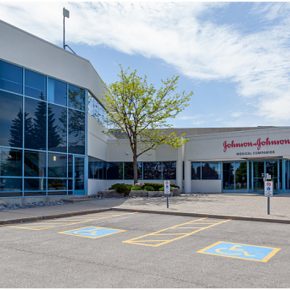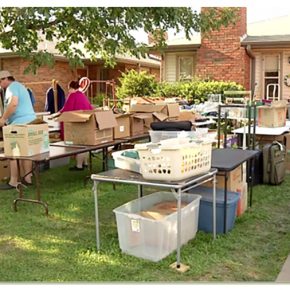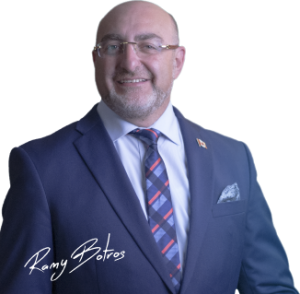David Geall, a recently retired paramedic, reflects on over three decades of service in Halton and Mississauga, marked by pivotal moments, personal growth, and advancements in first-responder support, particularly in mental health.
With the holiday season approaching and sirens occasionally piercing the air, Geall admits he still feels the pull of his profession, even in retirement. “Every time I hear a siren, I think, ‘Who’s going out on that call? What’s happening?’ It’s still so fresh,” he shared.
David Geall, a recently retired paramedic, reflects on over three decades of service in Halton and Mississauga, marked by pivotal moments, personal growth, and advancements in first-responder support, particularly in mental health.
With the holiday season approaching and sirens occasionally piercing the air, Geall admits he still feels the pull of his profession, even in retirement. “Every time I hear a siren, I think, ‘Who’s going out on that call? What’s happening?’ It’s still so fresh,” he shared.
The Start of a Lifelong Calling
Initially aiming to become an athletic therapist while studying at York University, Geall’s career path shifted during an unexpected encounter. On a football trip, his team came across a severe highway accident. With no first responders on-site, Geall, relying on his lifeguard experience, joined the team trainer in offering aid. Despite the scene’s tragic outcome, Geall discovered his aptitude for crisis response. “I realized I could handle it, and that’s when I considered the paramedic program,” he recalled.
Career Highlights and Transformations
Geall’s 33-year tenure witnessed significant changes in paramedic services. In 2000, paramedic duties transitioned from private companies to municipal management, bringing expanded responsibilities. Starting in a role focused on basic first aid and defibrillation, Geall saw the introduction of advanced treatment protocols, including OPALS (Ontario PreHospital Advanced Life Support), for which he underwent extensive training.
Among his career’s lighter moments were the seven or eight births he assisted with. “That first delivery, I was nervous as hell,” he admitted. “But those moments help balance out the job’s more challenging aspects.”
The rewarding aspect of follow-up visits also stands out for Geall. “When patients recover and thank you, saying, ‘I owe you my life,’ it’s hard to put that feeling into words,” he said.
Navigating Emotional Challenges
While Geall considers himself fortunate to have avoided long-term emotional damage, certain experiences left their mark. Incidents involving children and a recent fatality prompted him to seek counseling. “Sometimes, you wonder if more could have been done,” he said. However, he maintains a pragmatic perspective: “What happens before 911 is called is often out of our control.”
He is heartened by progress in mental health resources for first responders and the reduction of stigma surrounding seeking help. “It’s no longer OK to stay silent. The culture has changed significantly, but there’s still more to be done,” he noted.
Mentorship and Legacy
Geall’s final reflections on his career highlight the strong relationships he built and the impact he had as a mentor to younger paramedics. “A lot of colleagues wrote in my retirement book that I was their first partner and treated them fairly,” he shared. “That meant a lot because I remember being new and learning the ropes. Everyone deserves patience and respect.”
As Geall transitions to retirement, his career serves as a testament to resilience, compassion, and dedication in the face of both tragedy and triumph.




















1